The Grave of Foone
The final resting place of one member of the Amistad slave revolt who never made it back home.
Prior to the Amistad Memorial’s unveiling in 1992, a gravestone marked “FOONE” was Connecticut’s only landmark honoring what some consider to be the first civil rights case in the United States.
Foone was one of 53 adults and children taken from the Mende region in the spring of 1839. The kidnapped Africans were sold as slaves in Cuba and placed on a 60-foot ship called La Amistad. A few days after they set sail from Havana, a man named Cinque led an attack on the Spaniards manning the boat.
Cinque forced them to sail back to Africa, but the men changed course late one night. The ship ended up in Long Island about two months later. An American naval ship seized the vessel and arrested the surviving 43 enslaved people aboard.
They were charged with mutiny and murder, and held at a jailhouse in Connecticut for over two years while the courts tried to figure out who owned La Amistad and whether or not they could legally consider the men slaves. Eventually, with the help of the “Amistad Committee” formed by abolitionists, it was decided that since the ship was taken over in Spanish waters, the U.S. had no jurisdiction over the case.
After the decision, abolitionists paid for the men to be brought to Farmington, Connecticut, where they were housed while funds could be raised to send them back to their homes and families.
In 1842, less than a year after Foone drowned while bathing in the local center basin, the surviving 39 Africans sailed to Sierra Leone. Foone was buried nearby in the Riverside Cemetery, alongside many abolitionists.
Know Before You Go
When facing Riverside Cemetery from the road, enter the second entrance from the left. Travel about half way down the roadway. The grave of FOONE is on your left. There is also a stone marker with a bronze square on the front near the grave. These markers can be found around Farmington at places connected with Abolitionist history, as Farmington was a very active Abolitionist and Underground Railroad community.




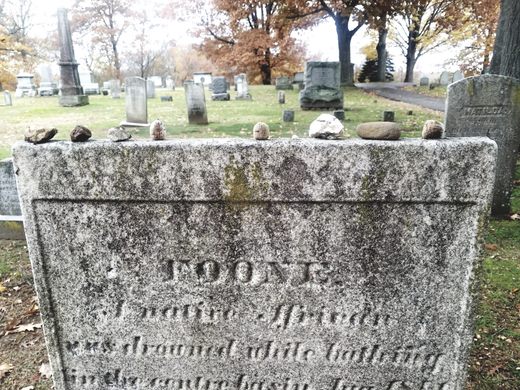

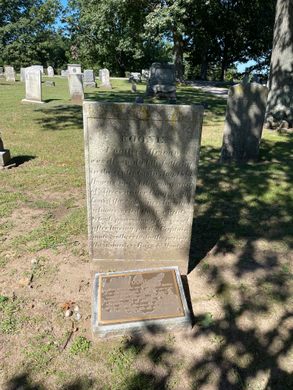



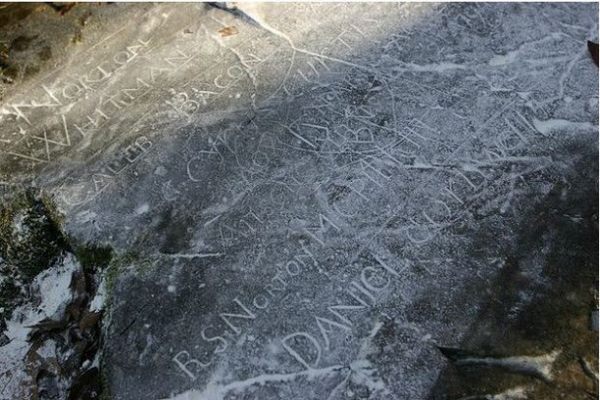

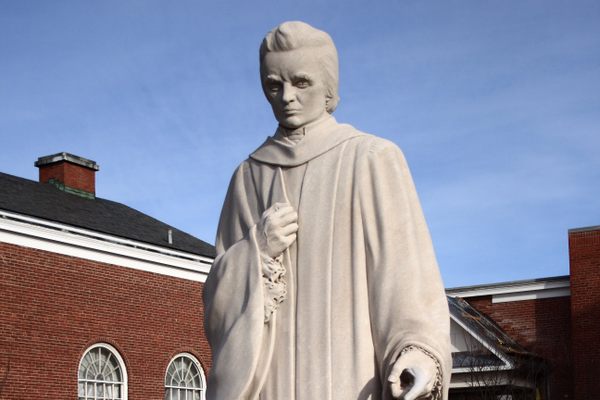
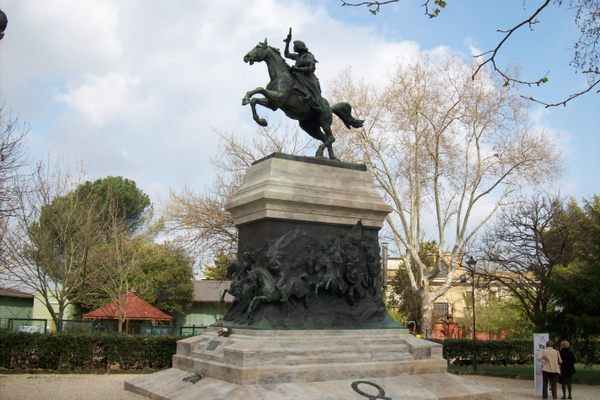

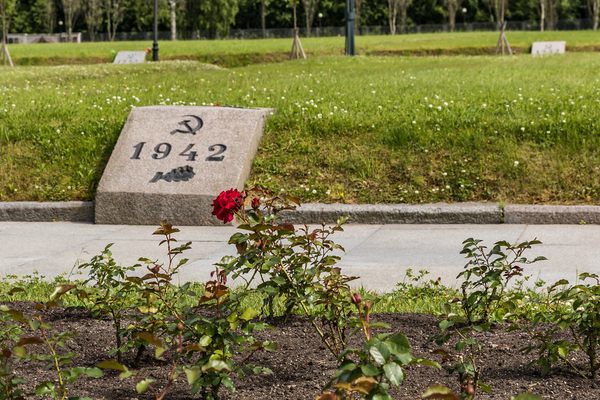


Follow us on Twitter to get the latest on the world's hidden wonders.
Like us on Facebook to get the latest on the world's hidden wonders.
Follow us on Twitter Like us on Facebook